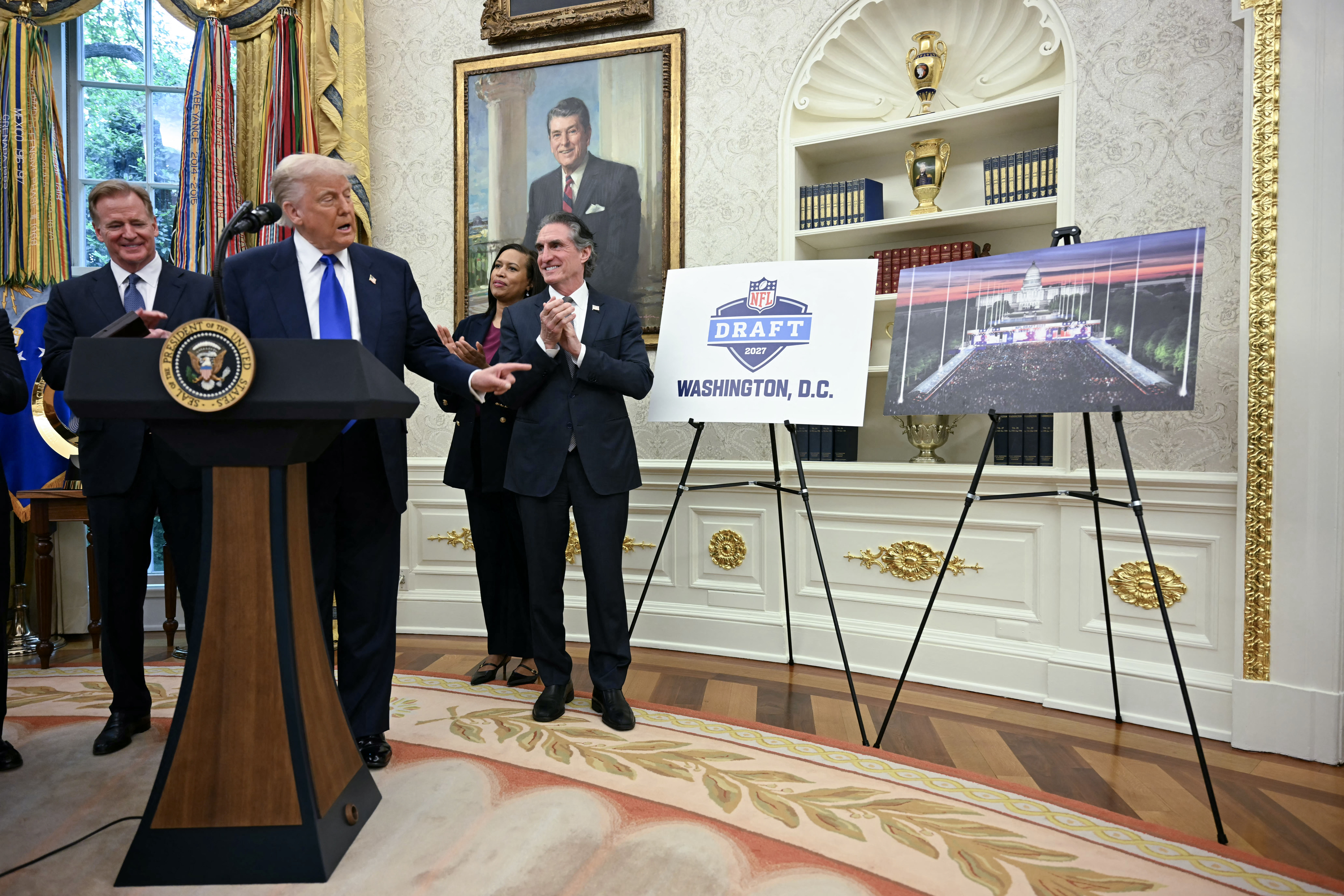Seven land tracts around Civil War battlefields in Maryland will be acquired by the Civil War Trust thanks to funding from the state.
The Maryland Department of Natural Resources is providing $980,000 toward protecting the properties.
“I am really happy we are able to preserve the land,” said Elizabeth Buxton, director of the Maryland Environmental Trust, in a telephone interview. “It will continue work we started in the 1990s with the Civil War Trust to protect the land.”
The funds will be used to buy about 150 acres — five key sites near South Mountain State Battlefield and two near Monocacy National Battlefield, Buxton said.
The funds will match those raised by the nonprofit Civil War Trust to total $1.96 million for the projected acquisitions.
The acquisitions will keep the farmland free of development forever, Buxton said.
“It is an effective tool to protect the view shed of the battlefields,” she said.
“As Maryland moves forward, we must preserve the past,” Gov. Martin O’Malley said in a statement. “The lessons we learned from history direct our paths forward. We have a duty to protect the hallowed ground where our nation’s early history unfolded.”
The tracts, mainly farmland, are now in private hands and preserved much as they would have appeared during the Civil War, according to a statement from DNR.
The Civil War Trust will acquire the land, and then the Maryland Environmental Trust is responsible for ensuring no development occurs in perpetuity, Buxton said.
For the privacy of the landowners, the specific locations have not been disclosed, said Mary Koik, deputy director of communications for the Civil War Trust.
“We haven’t closed the transactions,” Koik said in a telephone interview. “Until the ink is dry (on the contracts), we stay mum.”
Koik said the land acquisition means a lot, especially as it coincides with the sesquicentennial of a number of Civil War events.
“We are keeping the sesquicentennial forever,” Koik said. “The exhibits will get packed away, but the land is there forever for our children and their children.”
Elizabeth Shatto serves as director of the Heart of the Civil War Heritage Area and coordinator of the Frederick Historic Sites Consortium. She is pleased with the efforts of the state and organizations to preserve the land. The consortium has been raising money toward the effort, she wrote in an email.
“There is some land within the footprint of the national park that is in private hands,” Rae Emerson, acting superintendent of the Monocacy National Battlefield, said in a telephone interview. The program will allow for the purchase and preservation of sites where many gave the ultimate sacrifice, he said.
“Once it is lost, it is lost,” Emerson said of the land. “I think it is wonderful to see all of the organizations working together on this tremendous effort.”
The state money is coming from Maryland’s Transportation Enhancement Program, which funds nontraditional, community-based transportation- related projects.
“Without this project, the land could be developed into commercial or residential properties,” said James Lightizer, president of the Civil War Trust, in a statement.







